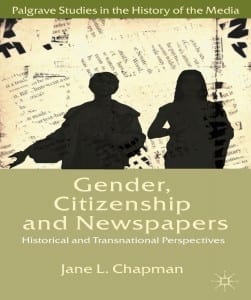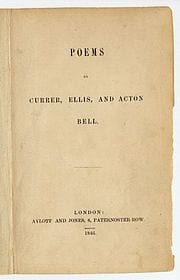Professor Jane Chapman on 19th century periodicals, 5pm 13th Oct, MB3202.
‘Double the Work, but Double the Scope? Comparative International Research in 19th Century Periodicals’
In periodical studies the field of comparative study beyond the English-speaking world and the British Empire is still relatively unexplored, despite the fact that connections between Britain and non-Anglophone countries have always been strong. The question is how can the researcher identify and study them? This paper argues that the most obvious way is by using periodicals to research trans-national themes such as modernism, “orientalist” trade, cultural and scientific exchange, design, or fashion. Focusing on Germany, France and Japan, some areas for further research are identified: science periodicals in Europe, women’s uses of periodicals in the late nineteenth century, periodicals for ex-patriot communities and satirical publications.

Biography
Jane Chapman is Professor of Communications, a grant research team leader and a comparative media historian, specializing in late 19th and early 20th century newspaper history – both illustrative and textual.
Her first degree is in history from UCL, her masters and PGCE are in history from Cambridge, where she remains a Research Associate, and her doctorate was under James Joll in the department of International History, LSE.
Jane had 14 years as a television documentary producer and on-screen news reporter and has since written 10 books and almost 40 articles and book chapters.
In this current academic year she is running 3 AHRC grants on the First World War, and since 2007 has been a serial grant holder for British Academy, ESRC and AHRC, with a total of 6 grants for the latter. She is a member of both AHRC and ESRC Peer Review Colleges, a fellow of the Royal Society of Arts, a former visiting fellow of Wolfson College Cambridge, and an Associate Professor at Macquarie University, Sydney.


Recent Comments